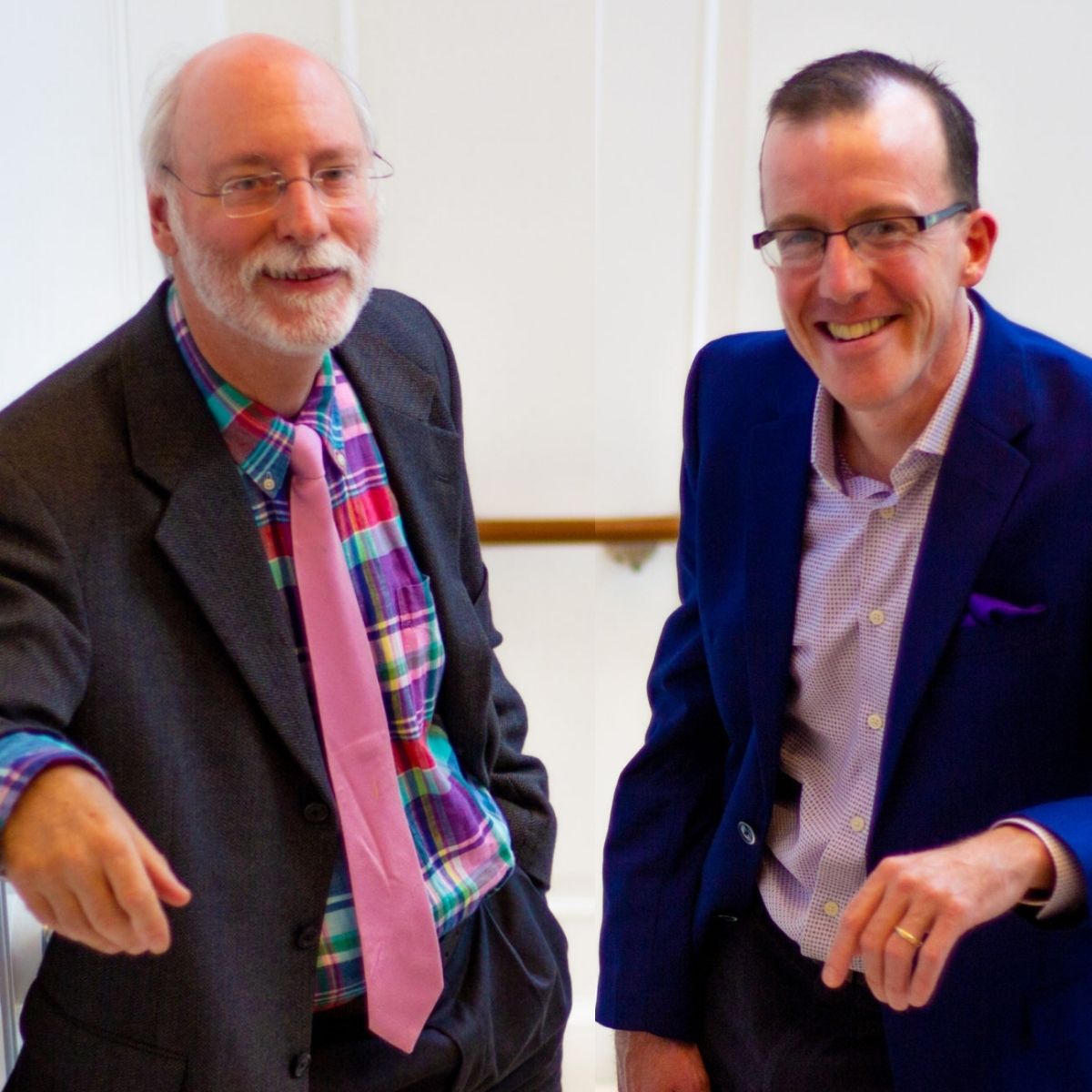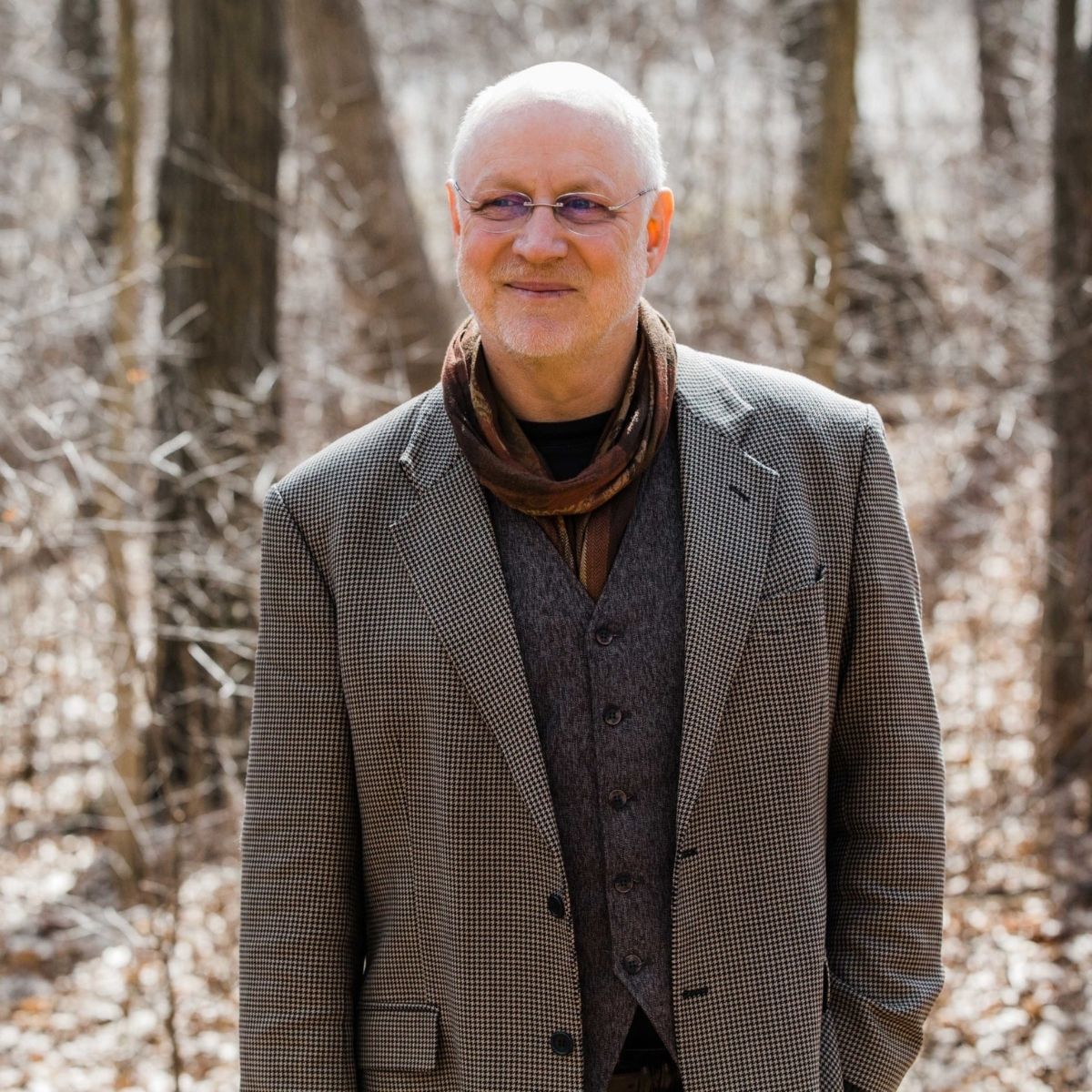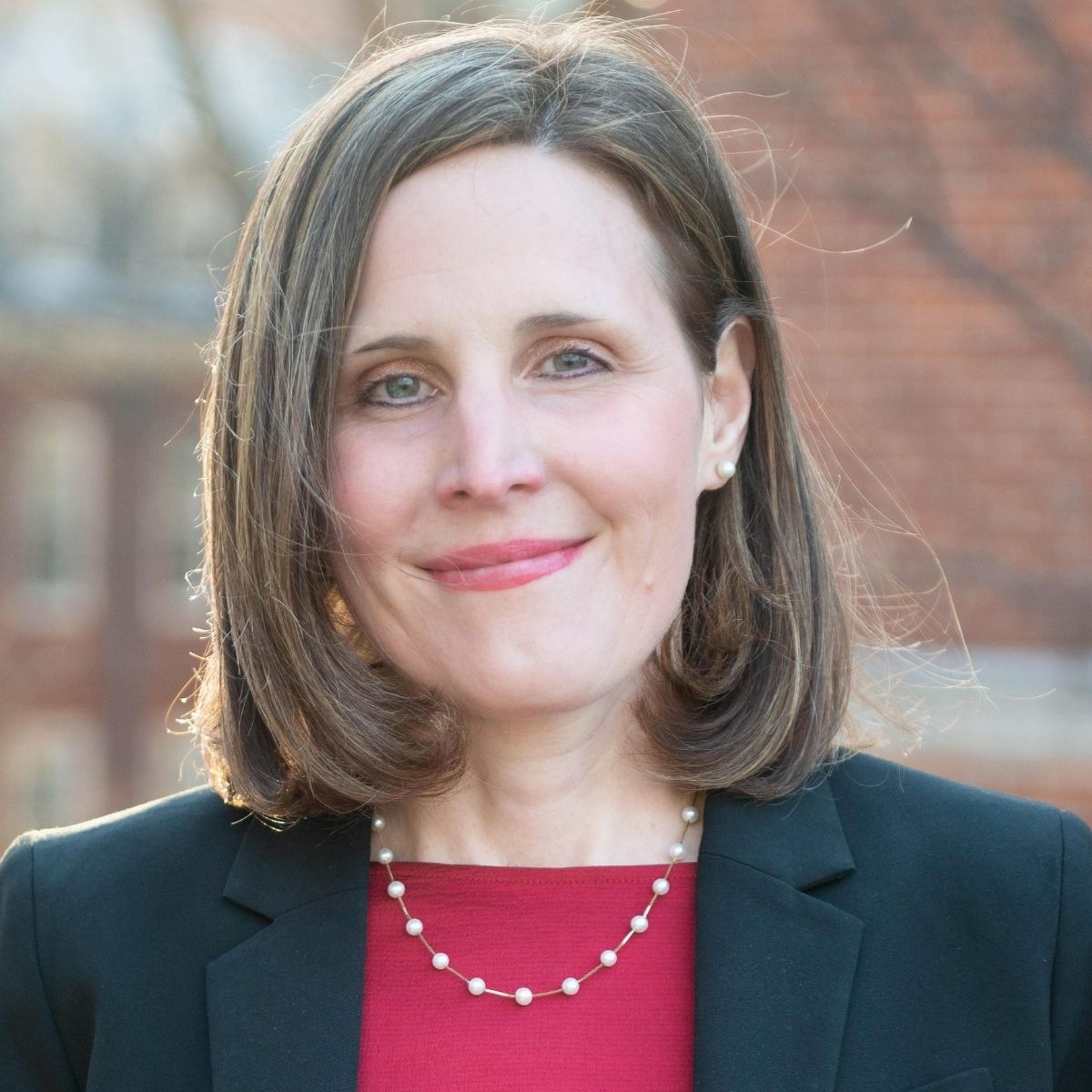
Disclosure: When I recommend a product that I believe will add value for you, it may contain an affiliate link, and when you click the link to make a purchase, I may receive a small commission at no extra cost to you.
“But how will they ever be able to go to college if they’re unschooled?”
Even when people think a natural approach to homeschooling sounds okay for young children, they often still fear this lifestyle might close doors of opportunity for older children, especially when it comes to college.
It doesn’t.
Capping her unschooling journey by entering college at fifteen, after two years of hard work (alongside varsity sailing), Sky has just graduated with her High School Diploma and Associate of Arts degree in Psychology. We look forward to cheering on her adventures this fall as she pursues a Bachelor of Arts degree in Criminal Justice in an innovative social justice program that honors her intersecting passions for psychology and the law at her university of choice.
As difficult as it might be to swallow for those of us raised within that system, the thirteen years kids spend locked away in school classrooms “to prepare them for college” are not at all necessary.
Dreams
College is not the path, but it is a path.
Part of the work of deschooling (deconstructing a limiting school mindset) is to define success for ourselves. On the mainstream path, success is virtually always defined by metrics like degrees earned and income attained. But when we step outside of that path and redefine what living a meaningful life means for us, our children are raised calibrated for that navigation. Their goal is not to win a made up race. Their goal is to be well and fulfilled. Does that path include college? Maybe.
Start with your child’s dreams and reverse engineer them.
At fourteen, my child dreamed of being a judge or a psychologist. These paths wind through college degrees. What skills would she need to enter college feeling confident? What could we do in the present to build up those skills?
Writing
If you can read a book and write an essay, then you can be successful in college. That’s really the only academic skill set that’s necessary (all the space we’ve held for nurturing well-being and fostering life skills will leave them at a greater advantage than any random memorized historical date would)—this from the perspective of a family in which all of the adults have graduate degrees.
After a childhood full of read alouds in a home brimming with books and spilling over with inquisitive conversations, we were covered on the reading front (you can learn more about how we navigated literacy here and dyslexia here).
And while living a rich life in the real world provides ample writing opportunities, I did want my kid to enter the program well-versed in the academic essay.
So she took this series of online courses from Bravewriter, which were taught in the most positive and supportive way. Each course was just 4-6 weeks long and we spread them out over time.
- Essay Prep: Reading the Essay
- Essay Prep: Dynamic Thinking
- Essay Prep: Research and Citation
- Expository Essay: Exploratory and Persuasive
- Expository Essay: Rhetorical Critique and Analysis
Math
There is ample math that you encounter in the course of living a meaningful life. K-5 math is all real world math that you and I use on a regular basis and I make a point to invite the kids into the world of numbers to play with and use it through all kinds of things from playing in math apps to managing their personal finances to baking to helping with my small business accounting (you can listen to more about natural numeracy development here).
But again, reverse engineering their goals to set them up for success is all about confidence building. So we enrolled her in this series of online courses from Outschool, which taught all the math concepts in a small group setting with a gentle and patient teacher. (If you sign up using this link, you’ll get $20 off.)
College Programs
We researched the programs available to us and Washington state has a fabulous Running Start program that provides two years of community college free at sixteen and they graduate with both a high school diploma and an associates degree with a full credit transfer to all the state universities.
Community colleges are a great option for unschoolers. They can usually start taking classes whenever they’re ready, they treat their students with much the same freedom and respect unschoolers are accustomed to, and it’s non-coercive, so the transition for most unschoolers is pretty seamless.

Community College Admission
You can apply to the Running Start program with a transcript and GPA (which homeschoolers can create) or you can test out of that requirement with the Accuplacer placement test. A score of 253 out of 300 qualifies you to enroll in the entry level courses.
But you can take practice versions of the test first, you can retake the test multiple times, and even if you apply with a lower score, that just means you pay for some “remedial” courses (or “catch up” courses, as I like to call them) at the community college that get you up to entry level.
I had Sky take the practice test online at fourteen, just to see how much distance we needed to cover, and she got a score of 100%. That really set her mind at ease. She took the practice test again shortly before the official proctored exam and her final score was a 299 out of 300.
While that Accuplacer test, which was mostly reading comprehension, was all that was required for admission into the program, a math placement test (or a transcript showing the prerequisite courses) was required to enroll in a math class.
The day before the exam she pulled up the practice test and reviewed any problems she already knew how to do and taught herself how to solve any problems she wasn’t familiar with (by Googling, YouTubing, and asking her parents and friends). She got a 90% on the test. (Teach your kids how to learn and their potential is limitless!)
There were actually five math placement tests available to test into higher levels of math. Her score qualified her to take the level two test but she felt like the level she tested into by successfully passing the level one test was the right fit for her. I am confident that she could have passed the level two test if she wanted to, but more than that, I respect and admire how she was in touch with what she needed and felt great about honoring that need.
The program only requires taking one college-level math class. Passing the level one placement test qualified her for one level below that class, so she took one additional math course, which we were responsible for paying for. (And actually, needing that additional math was so common that they offered a complement class that included both the catch up content and the required content.) In other words, she exchanged twelve years of formal math classes for one extra math class at the community college—an entire childhood of freedom in exchange for one extra class? I’d take that deal every day of the week.
University Admission
The universities have clear paths set up for kids applying as homeschoolers and for kids applying from school, but since Sky was doing the Running Start program as a homeschooler, I’ll admit the process was a tad clumsy (straddling both a bit). She ended up submitting both online applications (which included a few brief essays where she got to highlight her unique educational upbringing, her passions and strengths, and her goals for applying the degree she sought) to get all the bases covered and that was fine. She could have done more leg work to compel clarity from them, but it was easier for her to just submit both.
She submitted two transcripts with her application: a homeschool transcript that I created for grades 9-10 and an official transcript from her community college for grades 11-12. We pulled up the academic pre-requisite requirements from the university’s website and I translated her homeschooling experiences and endeavors into the necessary structure. Once you have a simple template, it’s easy to do (I’m creating a template now that I’ll include in the Sage Homeschooling course).
For example, she had a long phase of being absolutely fascinated by ASL, taking online courses, watching videos, practicing, translating with an app, connecting with people in the deaf community, etc. The university required a foreign language, so I popped ASL into that box.
And that was it: an application, a transcript, and a fee. She was accepted at her university of choice!
Unschoolers can go to college.
Once more just to be sure it soaks in: Unschoolers can go to college.
College is not the one right path for everyone (and unschoolers do have a high rate of entrepreneurship given the overlap of self-direction) but it is a path. Help your teen to look for the intersection of their strengths and their community’s needs to identify a potential career and then work backwards to map out a path. Then look at community college as a potential stepping stone to get there.
Just hold this idea for their future with an open hand. It is their journey and they are welcome to wander along the way as they get to know themselves and the world better (listen to this podcast episode on the self-driven child to better understand the essential importance of empowering your child to own their own lives).
At this point Sky wants to be a judge by way of criminal defense attorney informed by a strong interest in psychology. I have no attachment to any of this as a destination but she is full of passion and purpose, confident in the value of the journey itself, and has yet to hit an insurmountable obstacle for her lofty aspirations as an unschooler.



Thank you for this post! Although my kids are 9 and 4, this wonderful post is reassuring. Congratulations to Sky and to the whole family for this new chapter! 🙂 Thank you for all you do, it’s very inspiring!
I’m so glad our story can offer you some reassurance.
Thank you for this wonderful post and for all you do. Your guidance and transparency is extremely appreciated!
You are so welcome Valery!